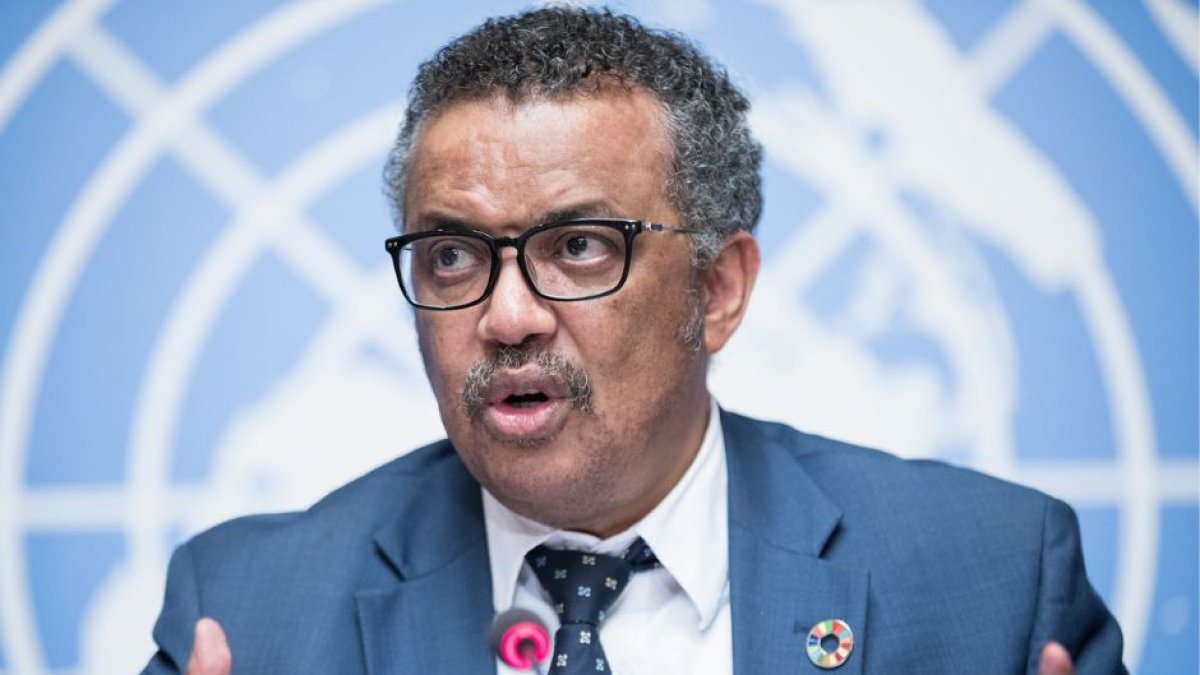WHO threatens the arrival of a new global pandemic
The general director of the organization assured that, sooner or later, an epidemic more deadly than COVID-19 will arrive.

UN Geneva
The World Health Organization (WHO) once again set off alarms with a new pandemic warning. The head of the organization, Tedro Adhanom Ghebreyesus, assured that a new pandemic, more dangerous and deadlier than COVID-19, will arrive in the near future. Ghebreyesus did not imply that a new pandemic had already arrived, but he did assure that such an event is bound to happen and talked about taking the necessary preparatory measures to face it.
The WHO director called for preparedness in the face of the potential arrival of this imminent threat. “When the next pandemic comes knocking – and it will – we must be ready to answer decisively, collectively, and equitably,” he said during a press conference. Ghebreyesus insisted on the need for a common strategy from the international community to deal with the threat of pathogens.
The World Health Organization's warnings stem from its interest in reaching a global consensus on a pandemic preparation plan. The organization wants the world community to all respond to the same regulations, tailor-made by the WHO.
The WHO director's statements come shortly after U.S. Supreme Court Justice Neil Gorsuch's reflection on the restrictions imposed during the COVID-19 pandemic. For Gorsuch, these restrictions involved the most severe restrictions of individual liberty in U.S. peacetime history, and this precedent should never be repeated.
"Since March 2020, we may have experienced the greatest intrusions on civil liberties in the peacetime history of this country. Executive officials across the country issued emergency decrees on a staggering scale. Governors and local leaders imposed blockade orders that forced people to stay in their homes. They shut down businesses and schools, public and private," Gorsuch denounced, enumerating the harsh consequences of the anti-COVID measures.
Pandemics that were not: monkey pox
This is not the first time that WHO has issued warnings and alerts for the potential resurgence of global pandemics. During the summer of 2022, the WHO again raised the alarm about the spread of monkey pox in several Western countries. The health alert, despite WHO warnings, did not prove to be a major public health threat comparable to COVID-19. Despite this, some administrations, such as those of New York, California and Illinois, decided to follow suit and declare states of emergency.
The epidemic was soon dubbed an outbreak and passed into history thanks to herd immunity and the precautions of the risk group most affected by the disease, according to the conclusions of a study presented at the European Congress of Clinical Microbiology and Infectious Diseases.

























